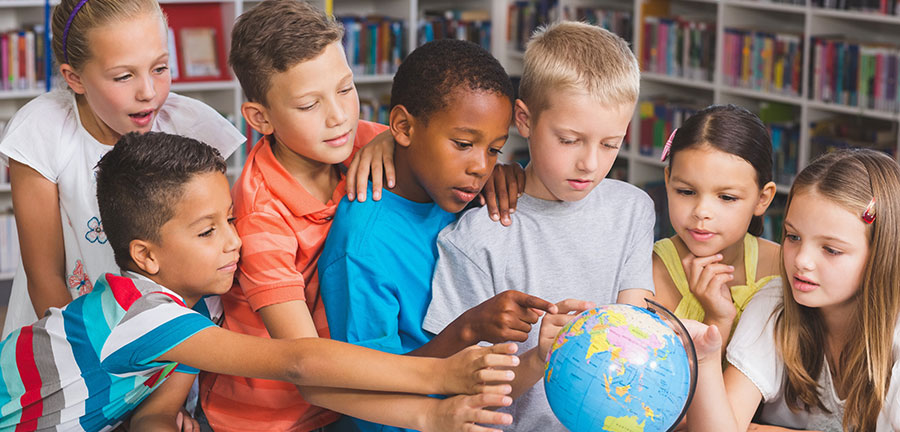
Introduction to the psyche of children
Before starting teaching, it’s important to first understand how young learners think on a human level at different ages. Having an insight into the minds of your young learners will set a strong foundation for your lessons, your teaching style, and your activities.
In this module, we’re going to cover some of the key topics in this field.
This will include the following:
- How children develop with age
- How children learn
- Theories of Jean Piaget and Lev Vygotsky
- Constructivism and Instructivism
- Practical factors
- Parenting styles
By the end of the module you should have a better idea of how children think, and the factors affecting their capacity in the classroom.
To get started let’s first run through this quick thinking exercise:
Try this activity yourself:
- Think back to any time during high school. What can you remember knowing about the world? What did you enjoy, and what were your biggest concerns?
You can probably remember having a relatively good understanding of the world. You’d be able to describe different subjects that you’re studying at school, your hobbies, your views on certain issues, your hopes and dreams for the future, possible jobs that you’d like to pursue, and how to value objects in rough monetary terms.
However, you might not have had such a strong understanding of politics, of real consequences for your actions, managing finances, or handling personal responsibilities. The biggest pressures in your life might have been an upcoming exam, or social event. Perhaps there was an embarrassing event that happened and seemed to almost be the end of the world. Such things would seem relatively minor today as an adult.
- Now, try to think back to primary/elementary school. Again, try to think about what you remember knowing about the world. What did you enjoy, and what were your biggest concerns?
It can be difficult to pinpoint a lot of memories here. This is partly because it’s a long time ago, but it’s also because our minds are far less developed during this age, and are less-suited to building long-term memory.
It’s common for most memories to be formed around things you enjoyed and your senses – moments with your friends, specific toys, hobbies, tastes, and forms of entertainment such as movies and television shows. During this time your concerns would likely be things that have an almost immediate effect – being frustrated, tired, anxious.
As adults ourselves, it can be quite difficult to think back and pinpoint our different emotions, feelings, and abilities at different age ranges. This activity can be a simple way to start adjusting your mindset towards that of your students. Being able to put yourself in their mindsets will help you to become a more creative teacher, as you’ll be able to understand how students think and what interests them.
In the coming lessons, we’ll explore more closely what students are aware of at different stages in their lives, and how you can adjust your teaching techniques accordingly.
